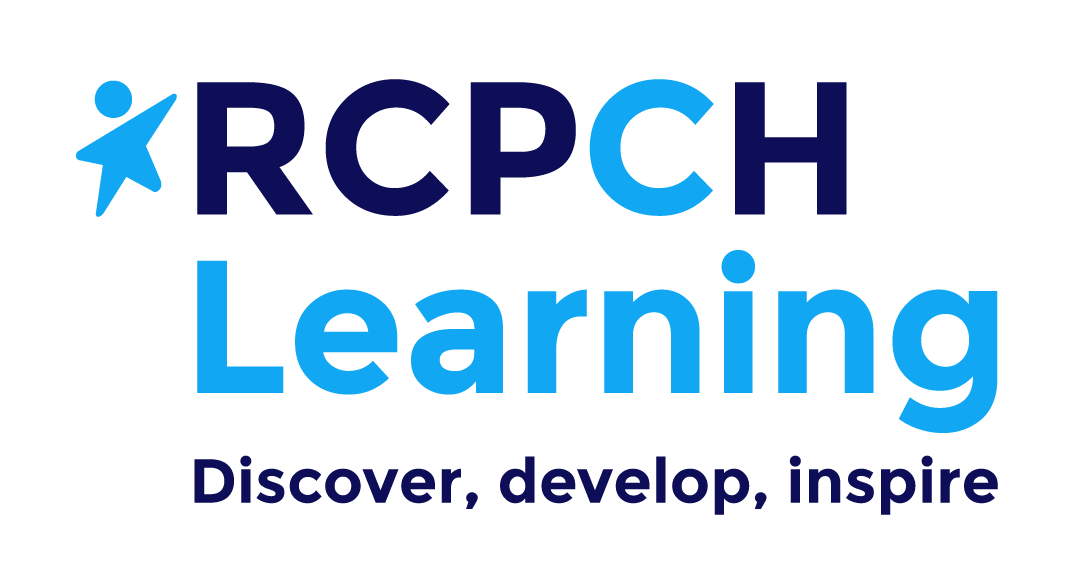How to Manage: Asthma Masterclass
This one-day online masterclass will develop your skills and knowledge in effectively managing children and young people with asthma as well as exploring best practice when supporting asthma patients and their families.
What is the course about?
Delegates will enjoy a combination of lectures and small group breakout sessions from leaders in the field of paediatric asthma. There will be new insights into the management of preschool wheeze, a look at the impact of the wider determinants of outcomes in CYP asthma, a review of the rationale behind Anti-inflammatory reliever therapies (AIR), a closer look at asthma diagnosis and support for self-management and much more.
Target Audience
- Tier 3 senior trainees
- Consultants
- Senior therapists and nurse specialists; particularly those healthcare professionals with responsibility for managing asthma locally or those wanting to establish an asthma network.
Learning Aims, Objectives and Outcomes:
Aim:
The course assumes delegates have skills and knowledge up to and including tier 3 according to ‘The National Capability Framework for the Care of Children and Young People with Asthma’.
The aim of this course is to build on this previous experience, providing delegates with the additional knowledge and skills to take their training to the level of tiers 4 and 5.
Outcome:
By the end of this course you will be able to:
- Recognise the concept of ‘the asthmas’ and the different approaches required to manage them
- Understand the changing patterns of a recurrent wheeze and asthma across children of different ages.
- Identify links to transition pathways to adult services and have the ability to support patient through them
- Recognise the pharmacology of both common and unusual asthma medication
- Identify the socioeconomic issues that can contribute to sub-optimal asthma control
- Understand physiological tests and the ability to interpret them to support an asthma diagnosis
- Identify the role of the wider teams to support adherence and demonstrate the ability to work with these teams
- Recognise individual conditions in the differential diagnosis of asthma, including their potential co-existence with asthma and the interplay between them, including infection, Bronchopulmonary dysplasia, Inducible Laryngeal Obstruction, Breathing Pattern Disorder and mental health.
Faculty Lead
Dr Louise Fleming
Dr Jen Townsend
